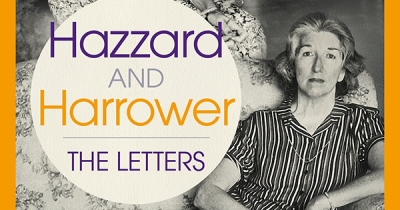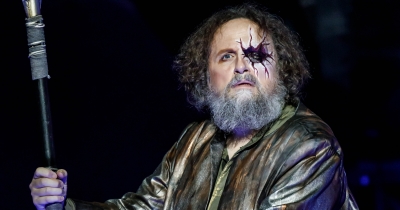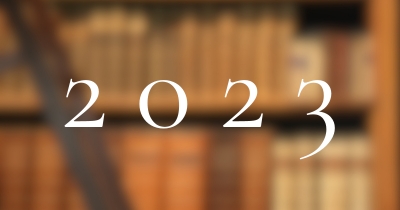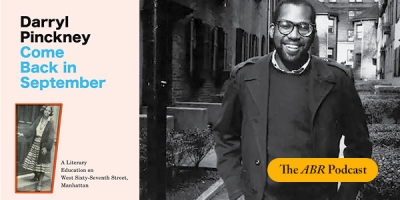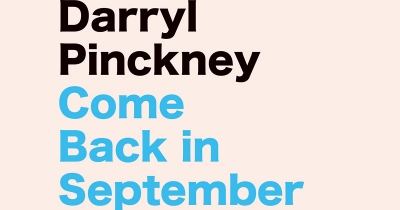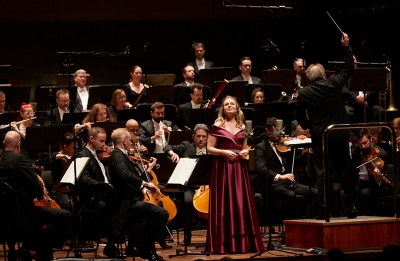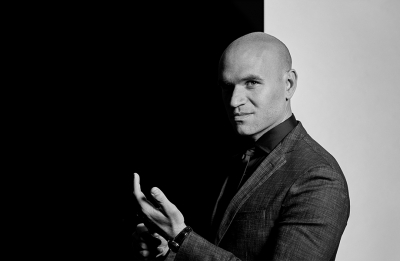Peter Rose
Hazzard and Harrower: The letters edited by Brigitta Olubas and Susan Wyndham
Real estate: that’s all Postumia can think about,
always bragging about her ‘portfolio’,
dragging it round like a bad painter.
At last count she owns eight flats
in suburbs she’s never visited,
To celebrate the year’s memorable plays, films, television, music, operas, dance, and exhibitions, we invited a number of arts professionals and critics to nominate their favourites.
... (read more)What the authors of these three wildly different books share is a gift for creating through language a kind of intimacy of presence, as though they were in the room with you. Emily Wilson’s much-awaited translation of The Iliad (W.W. Norton & Company) is a gorgeous, hefty hardback with substantial authorial commentary that manages to be both scholarly and engaging. The poem is translated into effortless-looking blank verse that reads like music. The Running Grave (Sphere) by Robert Galbraith (aka J.K. Rowling), the seventh novel in the Cormoran Strike crime series and one of the best so far, features Rowling’s gift for the creation of memorable characters and a cracking plot about a toxic religious cult. Charlotte Wood’s Stone Yard Devotional (Allen & Unwin, reviewed in this issue of ABR) lingers in the reader’s mind, with the haunting grammar of its title, the restrained artistry of its structure, and the elusive way that it explores modes of memory, grief, and regret.
... (read more)This week’s podcast features a review from ABR Editor Peter Rose of Darryl Pinckney’s absorbing new memoir, Come Back in September: A literary education on West Sixty-Seventh Street, Manhattan. The book recounts Pinckney’s early years in New York and his unlikely friendship with Elizabeth Hardwick, the American literary critic, novelist and short-story writer.
... (read more)Come Back in September: A literary education on West Sixty-Seventh Street, Manhattan by Darryl Pinckney
Shirley Hazzard is widely regarded as one of Australia’s finest novelists, even though she published only four novels during her long lifetime. Now, Professor Brigitta Olubas from the University of New South Wales has written the first major literary biography of the writer in Shirley Hazzard: A writing life (Virago/Farrar, Straus and Giroux). In this week’s ABR podcast, ABR Editor Peter Rose interviews Professor Olubas about her study of the ‘complex, alluring, peripatetic artist’.
... (read more)
